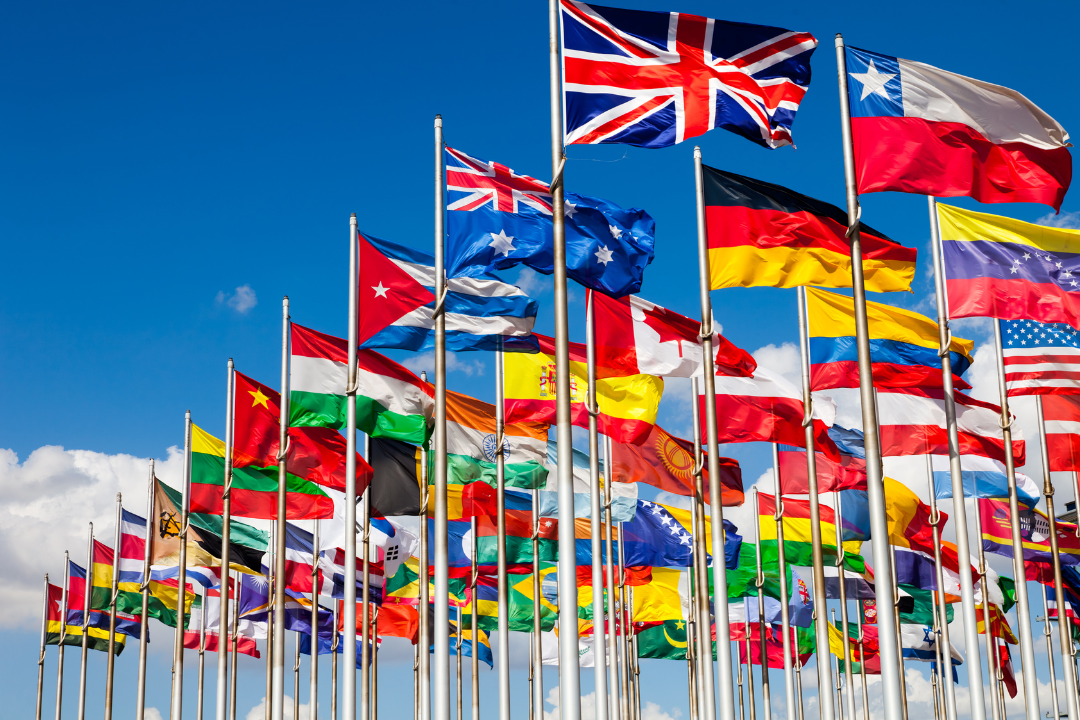Letter to the Editor – WCA response to The Economist
World Coal Association
In response to the following coverage in The Economist:
– ‘Killing coal: time to make coal history published 3rd December 2020
– ‘The dirtiest fossil fuel is on the back foot published 3rd December 2020
As I approach 18 months as Chief Executive of the World Coal Association, it does not surprise me to see negative headlines dismissing coal, but I did pause when I saw last weeks coverage in The Economist. It wasnt so much the sensationalist headlines but that The Economist would publish a piece with little attempt to reflect a balanced discussion or consider real-world facts about coal. Not only were we, the global coal organisation, not approached for comment, but seemingly neither were any coal industry stakeholders in Asia.
As my Head of Communications sent me this alert, I was delivering a speech to the Indian Government and industrialist stakeholders. This forum reinforced that coal will continue to be significant in Indias energy mix and proactively discussed the preparations that will need to happen for responsible usage. Last month, similar themes were reinforced by Southeast Asian Energy Ministers in their annual meetings, which I also participated in. The discussions at this session in no way reflected the way that The Economist characterised the future of coal in Asia.
In fact, these sorts of headlines are often disregarded by the coal growth regions because dismissing coal is dismissing the rights of developing and emerging economies to choose their own energy mix to support economic development. Statements around European and American politicians needing to ‘work harder to depress coal elsewhere are patronising. Asian economies have the right to choose whatever energy mix and technologies work for them aligned with the G20 and International Energy Agencys (IEA) message on the importance of ‘all fuels and all technologies.
There is not one government minister and/or adviser in the key coal markets that I have spoken to that wants to make the same mistakes as the developed markets. Equally, they do not wish to promote an uneconomical and unsustainable vision that is not realistic. Hence why so many countries continue to use coal with coal still forecast to be the single biggest source of electricity in 2040. Since 2010, 40 nations that have not used coal for power in the past have added coal to their energy portfolios, including countries in the Middle East and Africa.
Although The Economist was dismissive of the role that can be played by clean coal technologies, the emissions reduction potential is significant and multiple countries have included a role for coal and clean coal technologies in their Paris Agreement pledges.
Globally, the average efficiency of coal-fuelled power plants is 37.5%. If this was raised to 47.5% which is possible with todays technology this would reduce global emissions by 2 Gigatonnes, the equivalent of eliminating the ASEAN regions 2017 carbon emissions from all fossil fuels; or almost equivalent to Indias 2018 emissions from fuel combustion.
The IEA has also made clear that carbon capture, use and storage (CCUS) is vital to our climate efforts with CCUS contributing nearly 15% of the cumulative reduction in emissions necessary in its net-zero scenario.
The reason these technologies are important is not only because of the continued role of coal across Asia but also because the IEA, the Intergovernmental Panel on Climate Change and the US Energy Information Administration have all concluded, there isnt a credible scenario which includes 100% renewables.
These articles distract and misinform stakeholders who are capable of deploying the very real clean coal technologies that are making a dent in all emissions.
A more informed question would have been ‘should we make coal history; not ‘how. If countries across Asia are continuing to use coal and technologies exist to ensure this coal can be clean then shouldnt the focus be on widening the responsible deployment of technology rather than penalising energy choices?
We need all fuels and all technologies.

